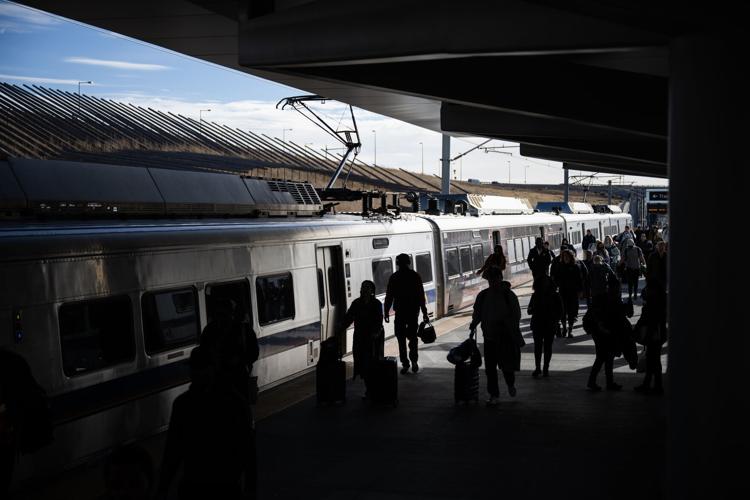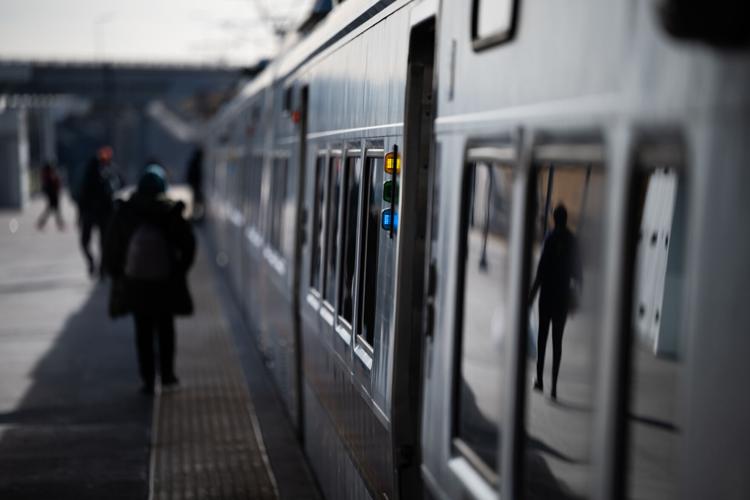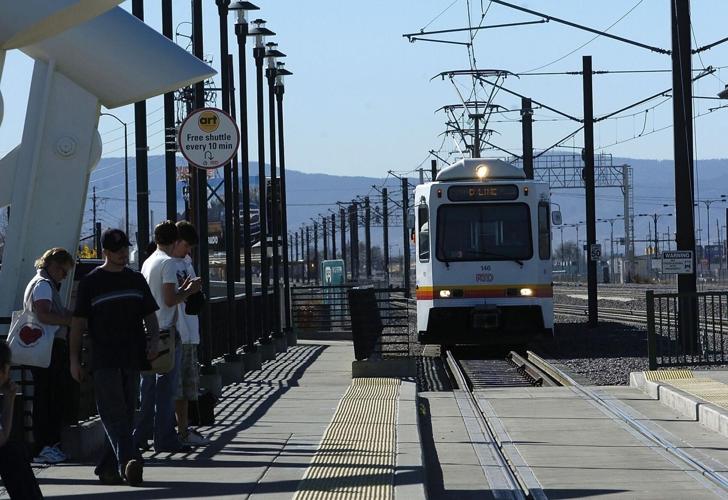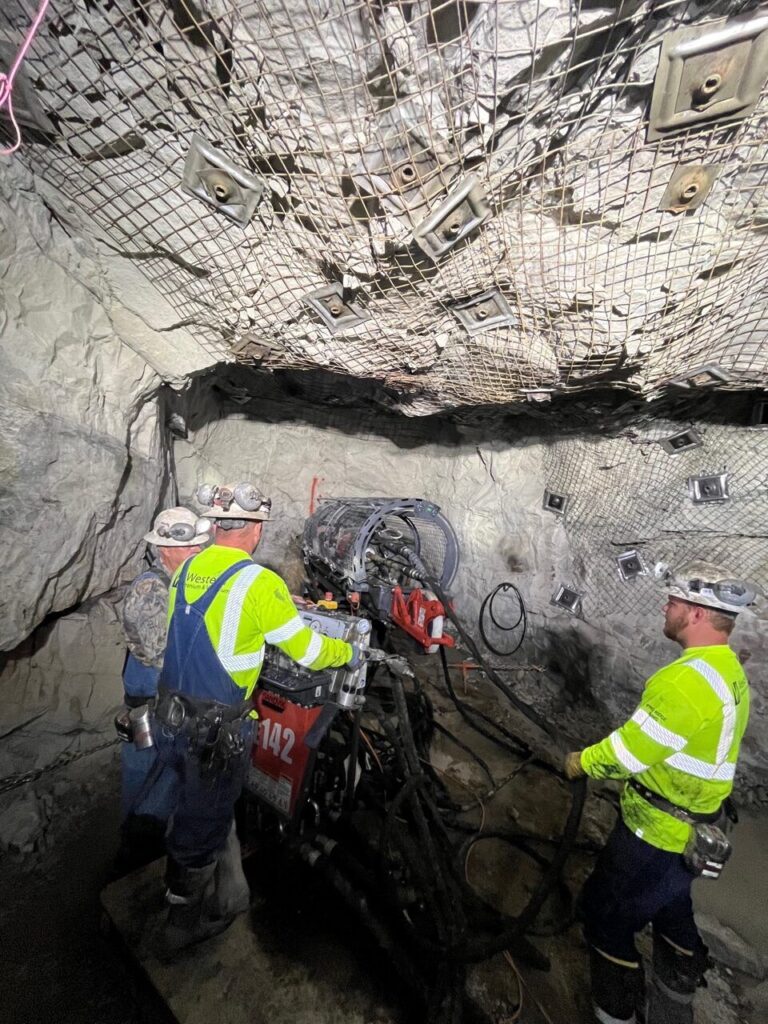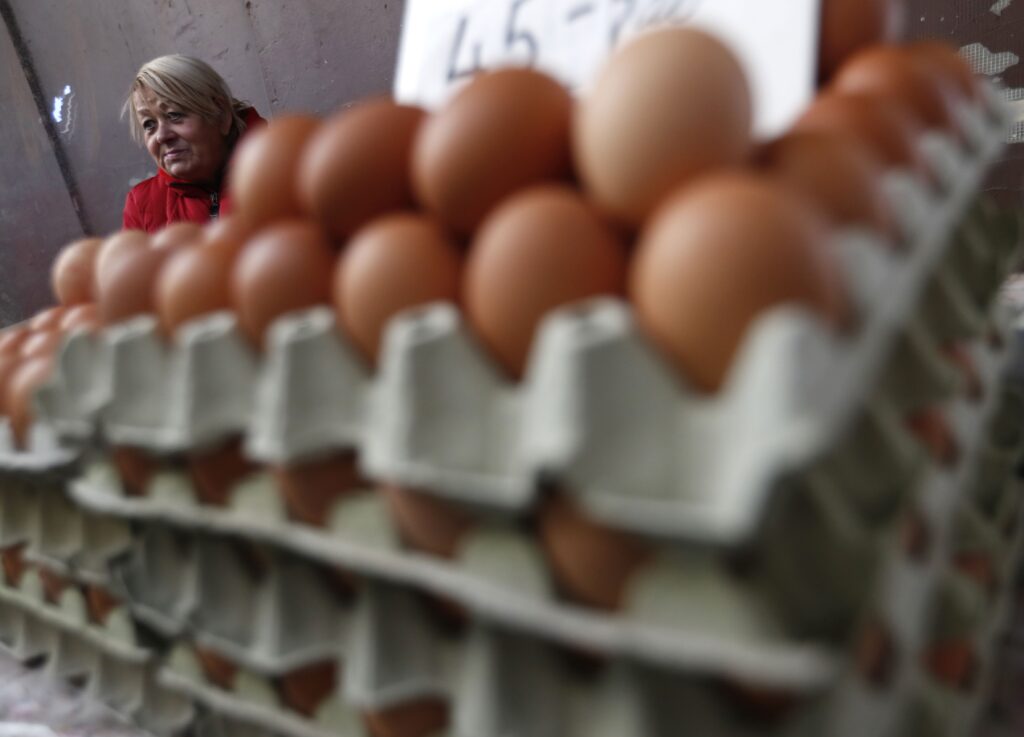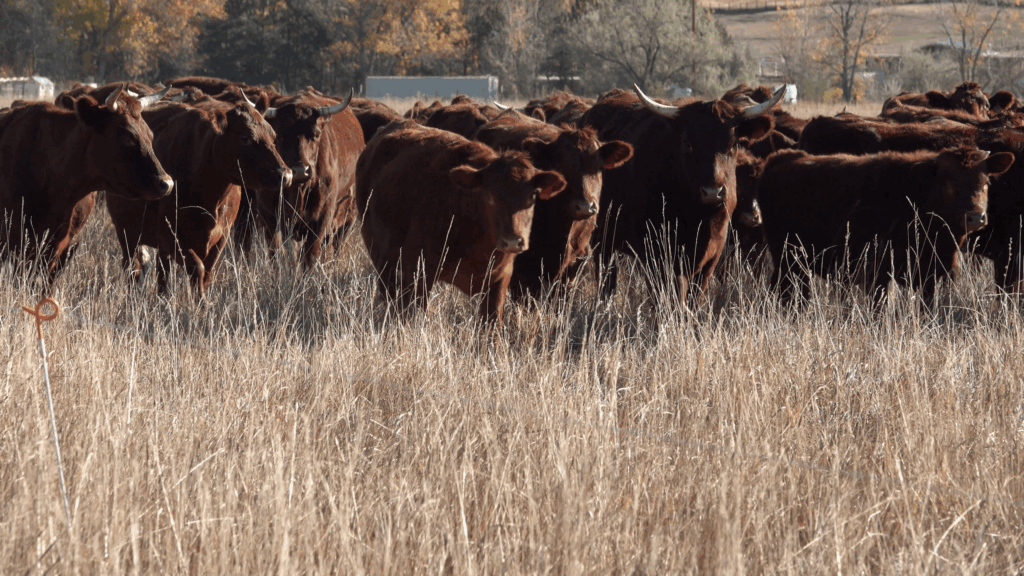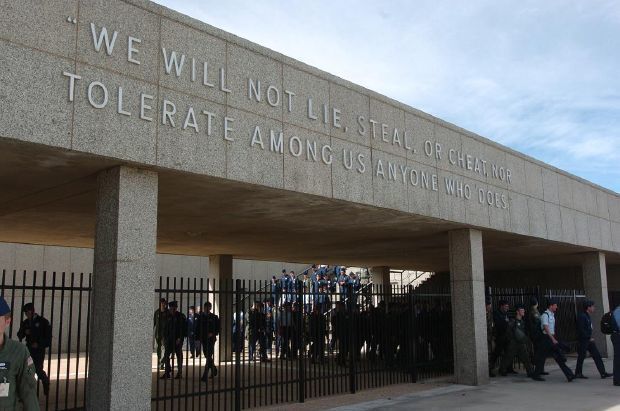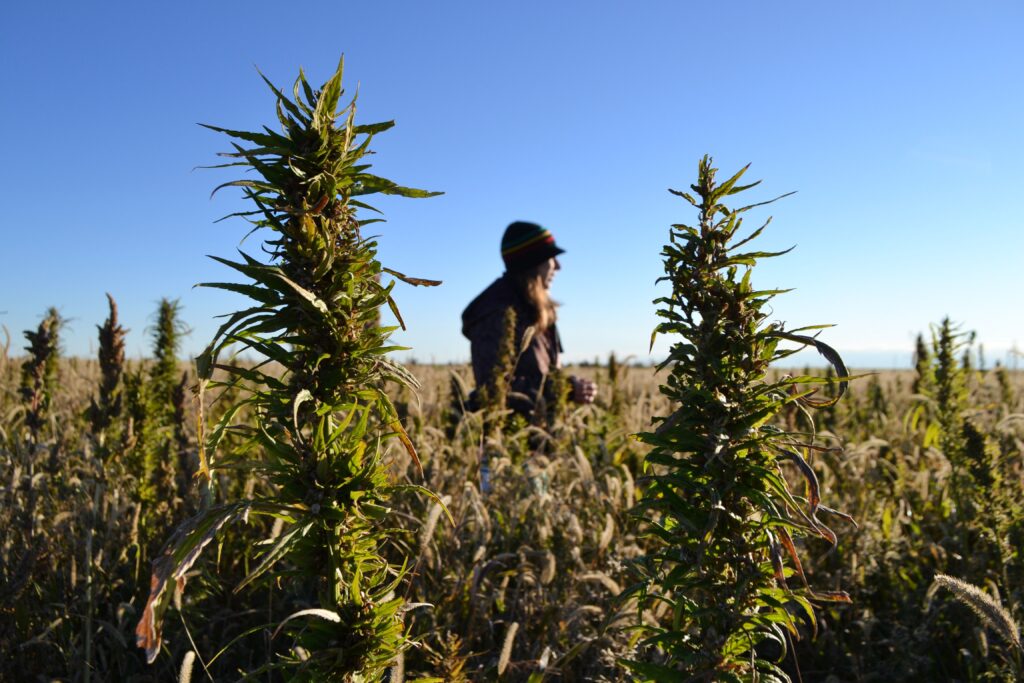RTD lowers fares for 2024; offers free rides on New Year’s Eve
It will cost less for metro Denver public transit users to get where they’re going in the new year as Regional Transportation District officials lower fares almost system wide.
For 2024, RTD is consolidating the multifarious zone fares into a single system-wide set of fares. The new fares will be $2.75 for a three-hour pass and $5.50 for a full-day pass.
The exception is a trip to Denver International Airport, which will be $10 for either the A Line train or Sky Ride buses. An airport pass is good system-wide for that day, so out-of-town visitors won’t get stuck at Union Station having to buy another pass to go elsewhere on the system, according to RTD.
All bus and light rail train rides will be free New Year’s Eve. Molson Coors, in partnership with RTD, announced a sponsorship to provide free fares for all riders from 7 p.m. Sunday, Dec. 31 to 7 a.m. Monday, Jan. 1 “to encourage metro Denver residents and visitors to celebrate responsibly.” The 35-year-old program provided 48,000 free rides in metro Denver last year, according to a news release.
RTD users can also get a monthly pass for $88, and it will be valid on all routes — including to DIA.
RTD’s service day starts as early as 3 a.m. and runs until 1-2 a.m. the following day.
The new fares only apply to RTD’s system, not the Colorado Department of Transportation’s outrider bus routes.
The decision to revamp the fare schedule is the handiwork of RTD CEO Debra Johnson.
“Three years ago, when I assumed the position of general manager and CEO and I moved to the region, I had come out to meet with individuals on the board and other stakeholders,” said Johnson in an interview with The Denver Gazette. “I was trying to figure out the fare from the airport to downtown, and it was hard for me to discern what I should be paying. I thought: ‘Oh my God, if I needed a decoder ring to do this, what about the customers who are utilizing the system?”
Johnson said before she started, she knew that RTD had some of the highest fares in the country.
“What we’re hoping this does is remove the barriers for individuals utilizing the system and more specifically recognizing the large employers that Denver International Airport has,” Johnson said.
While the new fare structure will reduce fare revenues for RTD, Johnson said the percentage of revenues from fares needed to meet operating expenses is 6.1%. She said RTD is absorbing about $70 million in reduced fare revenue going forward in hopes of increasing ridership to compensate for the loss.
“We’re absorbing that cost going forward because we’re hoping that we are able to entice more people to utilize the system,” she said.
According to RTD, citing numbers from the Regional Air Quality Commission, the 2023 Zero Fare for Better Air initiative “helped reduce both ozone precursors, volatile organic compounds (VOCs) and nitrogen oxides (NOx), which in the presence of heat and sunlight, combine to form invisible but harmful ground-level ozone … The RAQC estimates that RTD’s zero-fare initiative led to a total reduction of 9,014,370 vehicle miles traveled, 2,583 pounds of volatile organic compounds, 2,385 pounds of nitrogen oxides and 6,161,772 pounds of greenhouse gases,” according to a news release.
RTD is advocating a 2024 legislative agenda to make free fares for young people 19 and under permanent, Johnson said, as well as to continue the summer Zero Fare for Better Air program to reduce ozone.
“We were able to get a waiver from the Federal Transit Administration to do a demonstration project for an entire year that commenced September 1st, 2023 and goes through August 31st, 2024,” Johnson said. “And we have been partnering with school districts throughout the entire region, not just school districts, charter schools as well. And we hope to utilize that data to make informed decisions, but also advocate at the state level for zero fair for youth throughout the state of Colorado.”
Since the COVID-19 pandemic, the patterns of use of public transit have shifted because — thanks to remote work — people aren’t commuting during the traditional time frames, Johnson said. There’s an uptick in ridership on the weekends that has been very significant.
“Having worked on the East Coast, our rush hours were from 5 a.m. to 9 a.m. and sometimes 9:30,” said Johnson. “And then basically evening rush hour started at 3 p.m. and went to 7 p.m. We don’t see those any longer relative to the adverse impacts of COVID. What we really see are people utilizing transit throughout periods of the day, primarily Tuesday, Wednesday, and Thursday. In this industry we used to talk about we were only as good as our last rush hour, and now we really don’t have them because in certain time periods and geographic areas, people are out in different parts of the day.”






